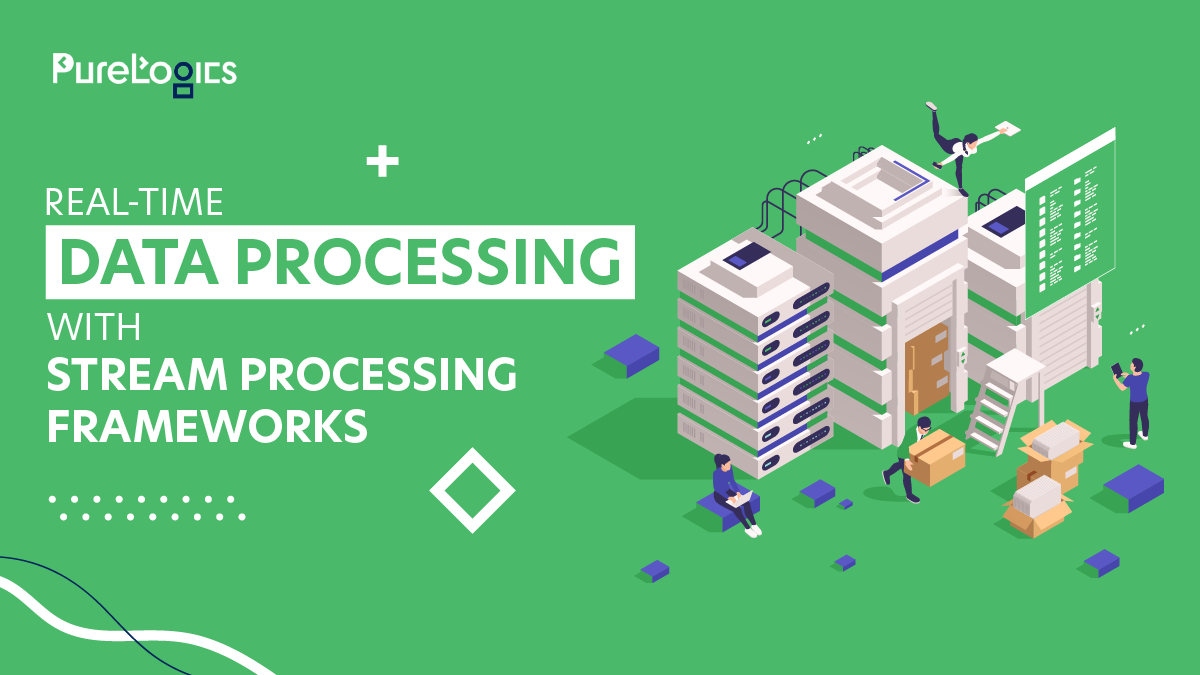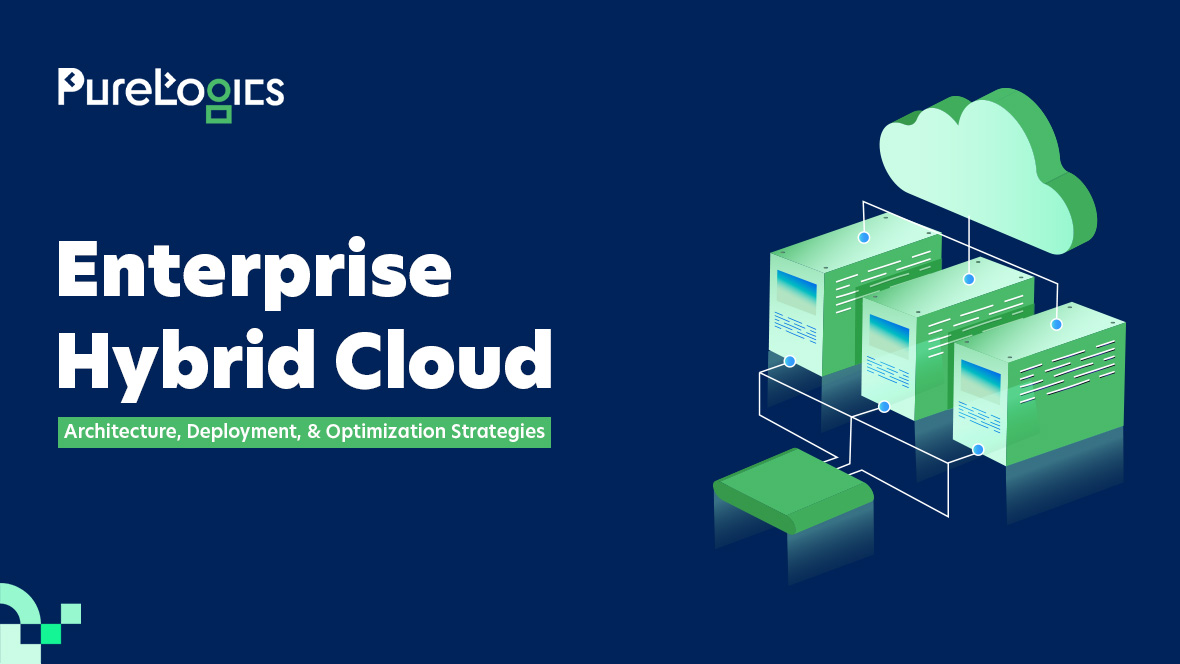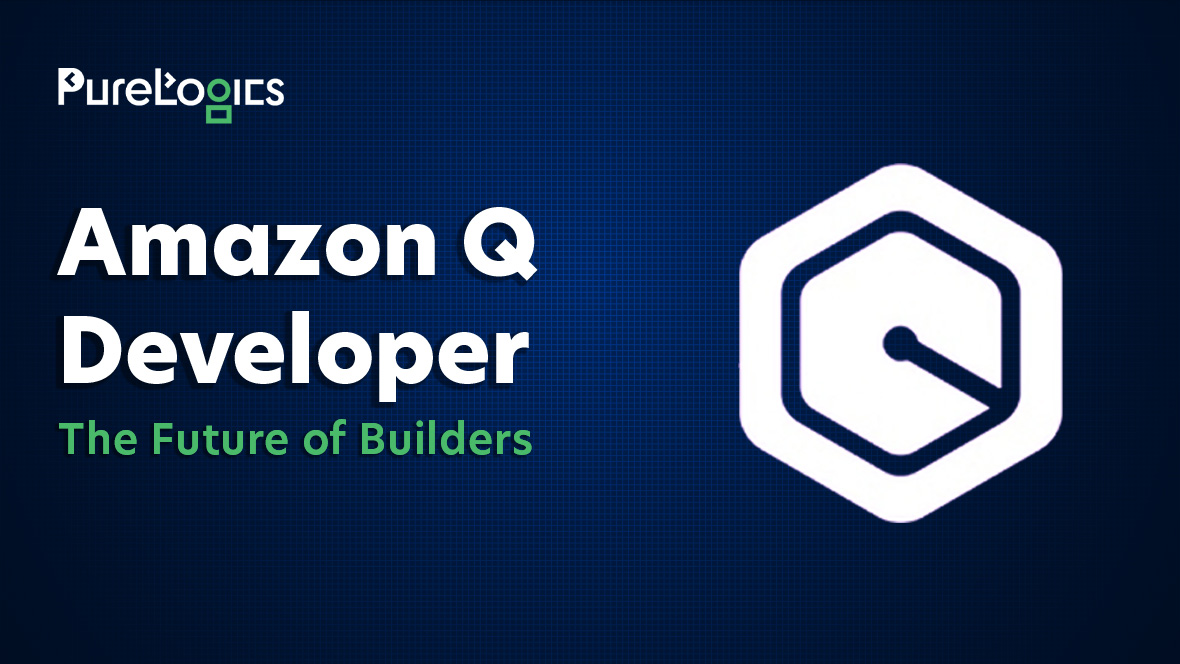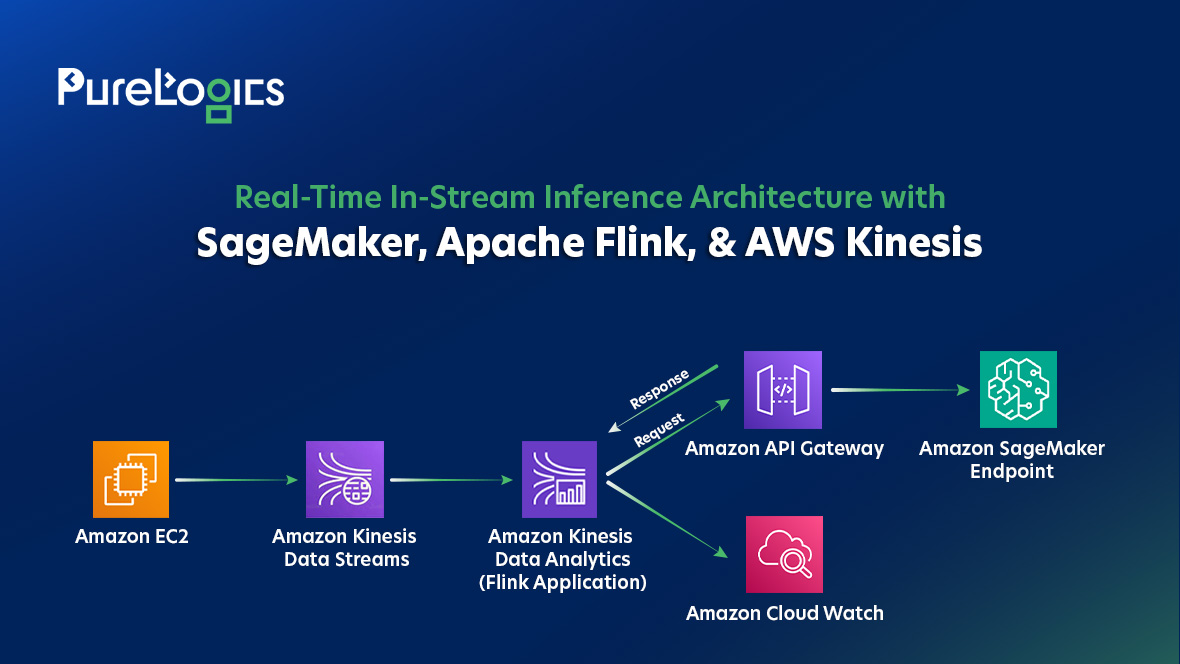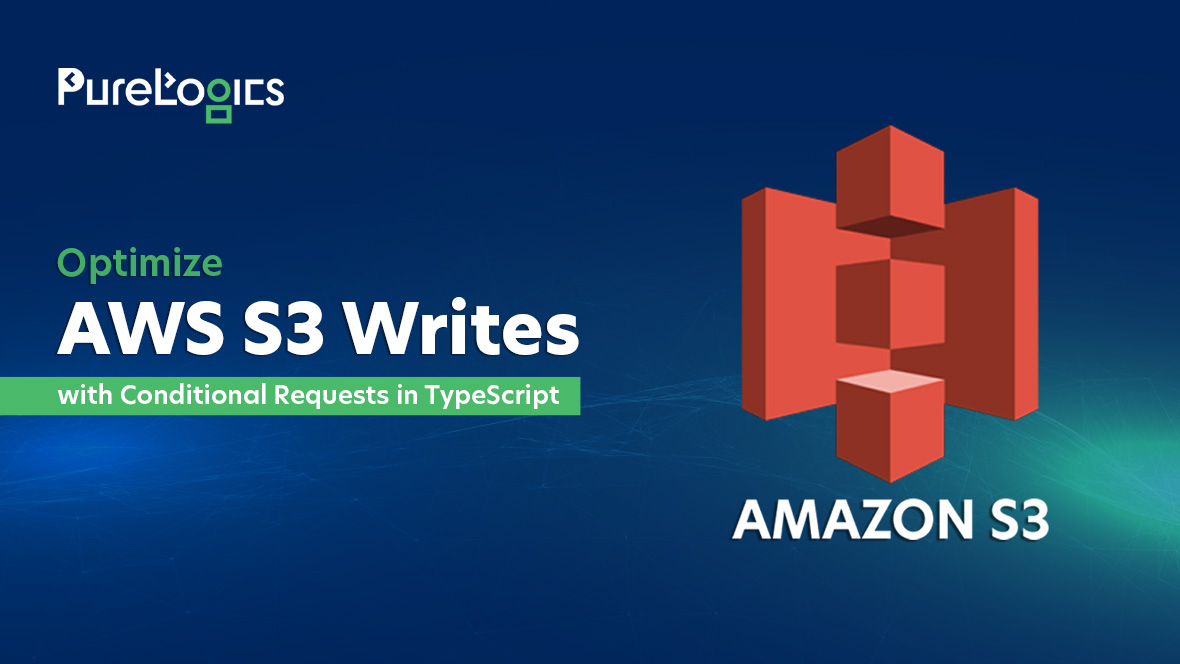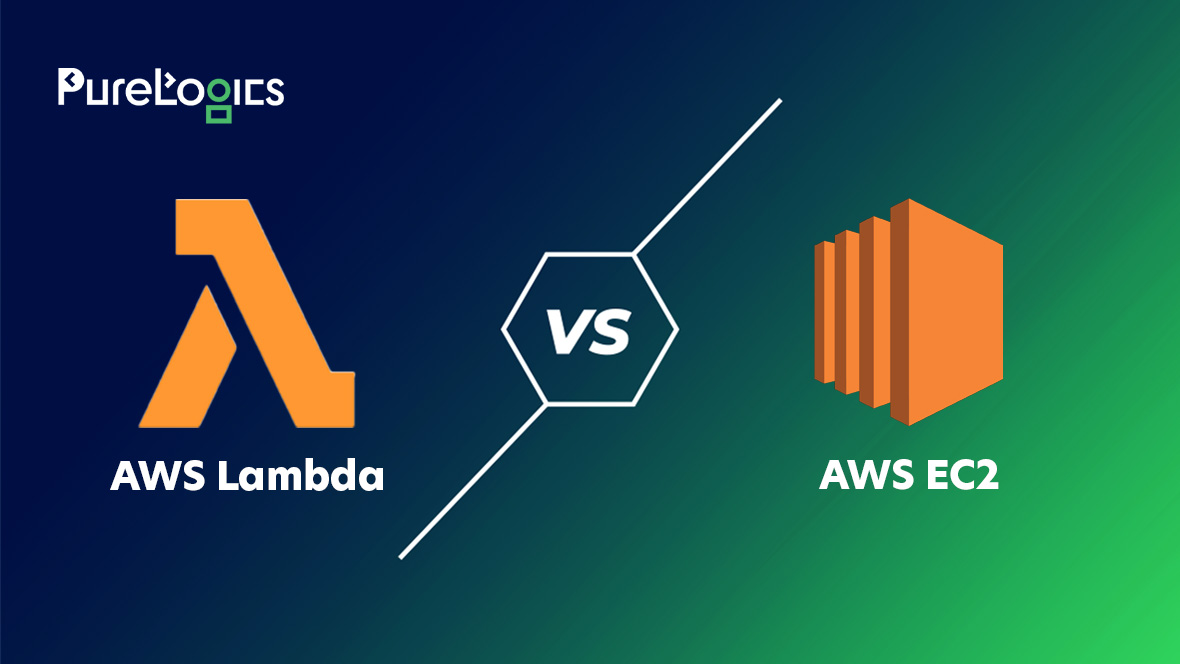The progression of stream processing in recent years has been revolutionary. With the growth of real-time data processing, companies have discovered a paradigm switch from batch to stream-related data handling. This shift has been crucial in meeting the needs for decision-making abilities and instant insights. The Apache Software Foundation has played a big role in achieving this transformation, offering powerful frameworks that are now industry standards.
The significance of stream processing in the big data world can’t be exaggerated. It has enabled organizations to tackle unlimited data streams with unparalleled efficiency, discovering opportunities for actionable intelligence and real-time analytics. Unlike old database management systems, data stream handling frameworks provide the responsiveness and agility to process data as it is produced rather than depending on static datasets.
Key Aspects of Top Stream Processing Frameworks
As the need for real-time data handling continues to increase, leading stream processing frameworks have become top tools for transforming raw data into practical insights. These frameworks help organizations harness the strength of delivering real-time analytics and streaming data, ensuring decision-making qualities and boosting performance.
Apache Kafka Streams: The Influence of Kafka
This open-source stream-handling platform built by Apache has gained extensive acceptance because of its seamless integrations with current systems and powerful features. One highlighted potential of Kafka Streams is its capability to tolerate high-throughput, scalable stream handling, and fault-tolerant tasks.
It is possible to get through its unique utilization of partitioned logs, which allows for parallel processing while managing order in each partition. Kafka’s integration with Ably, a renowned real-time data delivery platform, improves its capacity by offering scalable and reliable messaging infrastructure. This collaboration encourages developers to develop responsive, resilient, real-time apps that seamlessly handle enormous data streams.
Apache Flink: Scalability & Speed
Apache Flink is another top stream-handling ecosystem platform known for its reliability, scalability, and speed. Its base architecture efficiently evaluates large amounts of streaming data while guaranteeing high throughput and low latency. Using an innovative stream-handling engine written in Scala and Java, Flink provides a quality set of APIs that allow developers to express stateful computation and complicated event-time semantics effortlessly.
Additionally, Flink’s assistance with event time processing makes it easy to tackle out-of-order events while ensuring highly precise results. This is a critical feature for apps needing accurate windowing operations. It also has a fault-tolerant start that enables consistent performance under complex conditions.
Google Cloud Dataflow: Streamline Processing from Cloud
For companies looking for a cloud-based solution for stream handling, Google Cloud Dataflow is an ideal choice. Developed on the infrastructure of the Google Cloud Platform, Dataflow provides a completely managed solution that eases the development of stream-handling apps. Its simplified integration with various Google Cloud solutions enables customers to use advanced analytics platforms for big data handling while getting perks from Google’s powerful security measures.
The right collaboration between big data & Cloud Dataflow relies on its capacity to scale from small prototypes to large production deployments while maintaining reliability and performance. Dataflow offers powerful yet flexible frameworks to developers so they can build quality stream processing pipelines.
Real-World Apps of Stream Processing Frameworks

As companies continue channeling the potential of stream processing frameworks, they find several real-world applications throughout numerous industries, from optimizing retail operations to offering actional insights in real-time and streamlining financial transactions.
Smoothing Financial Transactions via Apache Kafka Streams
This stream has become a game-changer in financial transactions, especially real-time fraud detection. Financial institutions can process a high volume of transactional data using Kafka’s functionalities with very low latencies, allowing them to find and avoid fraudulent activities in real-time. This stream-handling framework builds an environment where all transactions are analyzed and monitored, ensuring smooth identification of anomalies or suspicious patterns.
Improving Social Media Feeds via Apache Flink
The Apache Flink application has potential beyond traditional data handling domains, identifying relevance in improving user engagement via social media feeds. By utilizing the scalability and speed provided by Flink, social media channels can offer customized content to users in real-time and boost user retention and interaction. With stateful stream processing, channels can instantaneously process user preferences and behaviors, guaranteeing that relevant content is offered to users at the perfect time.
Enhancing Retail Operations via Google Cloud Dataflow
Google Cloud Dataflow has transformed operations in the retail industry by allowing real-time customer insight generation and inventory management. Dataflow’s smooth integration with various Google Cloud solutions allows retailers to evaluate streaming data from different sources, such as online transactions, inventory databases, and point-of-sale systems. This allows them to get immediate visibility within sales trends, customer preferences, and product availability- encouraging them to choose informed options.
The diverse apps of these top stream processing frameworks highlight their crucial role among industries. They allow companies to extract actionable information from streaming data while enabling optional decision-making powers and performance.
Looking to Enhance Your Mobile App with Real-Time Data Processing?
Leverage the power of stream processing frameworks in your next mobile app project with our expert development services.
Emerging Trends: The Future of Stream Processing
As the data processing industry develops, various emerging trends shape the stream process industry’s future. These trends reflect the increasing demand for real-time analytics and underline the transformative effect of cloud-based systems, machine learning, and AI integration.
Development of Stream Processing from Cloud
The increase of cloud stream processing systems is driving significant progress in real-time data processing. Companies increasingly turn to cloud-based platforms like Amazon Kinesis Data Streams and Google Cloud Dataflow for their data stream handling needs. The transformation towards cloud-based architectures mirrors large industry trends.
Organizations seek cost-effective, scalable cloud solutions to handle increased streaming data volumes smoothly. With more companies migrating their infrastructure to the cloud, the integration of stream processing frameworks is anticipated to expand.
Influence of Machine Learning and AI
Integrating AI and machine learning with stream processing frameworks is set to reanalyze real-time analytics. Companies can discover new anomaly detection, pattern recognition, and predictive analysis by integrating the latest algorithms within stream processing platforms. This collaboration allows enterprises to derive intelligent recommendations and predictions and process streaming data in real-time. Ultimately, stream-handling frameworks are transforming into quality engines that gather and process data and offer robust functionalities for proactive decision-making.
The Contribution of Open Source
Open source capabilities will continue to be crucial to driving innovation in stream processing. Collaborative techniques by communities supporting various projects such as Apache Spark and Apache Storm will result in continuous performance, feature sets, and scalability enhancements. Additionally, open-source contributions will form a sophisticated culture of knowledge-sharing and transparency, empowering developers to use quality stream processing tools effectively.
Conclusion
In conclusion, the data processing industry has seen remarkable growth with the origin of stream handling frameworks. These frameworks have shown their worth in processing the complexities of advanced data processing, allowing companies to use cutting-edge technologies and stay one step ahead of the competitive marketplace.
The core role played by stream handling in maintaining and processing extensive data values can’t be overstated. It offers real-time insights and handles the unique issues big data faces, making it crucial for swift decision-making and real-time analysis.
Moreover, stream processing systems have significantly improved usability by developing SQL layers and streaming databases, making them more user-friendly and accessible. They provide an end-to-end system for real-time analytics, simplifying the development process for developers.
PureLogics is a globally recognized company that provides top-tier mobile app development services. We check all boxes from consultation, development, designing, deployment, and continuous support. Trust our experts to build quality apps that fit your needs. Give us a call today!


 [tta_listen_btn]
[tta_listen_btn]
 October 18 2024
October 18 2024

